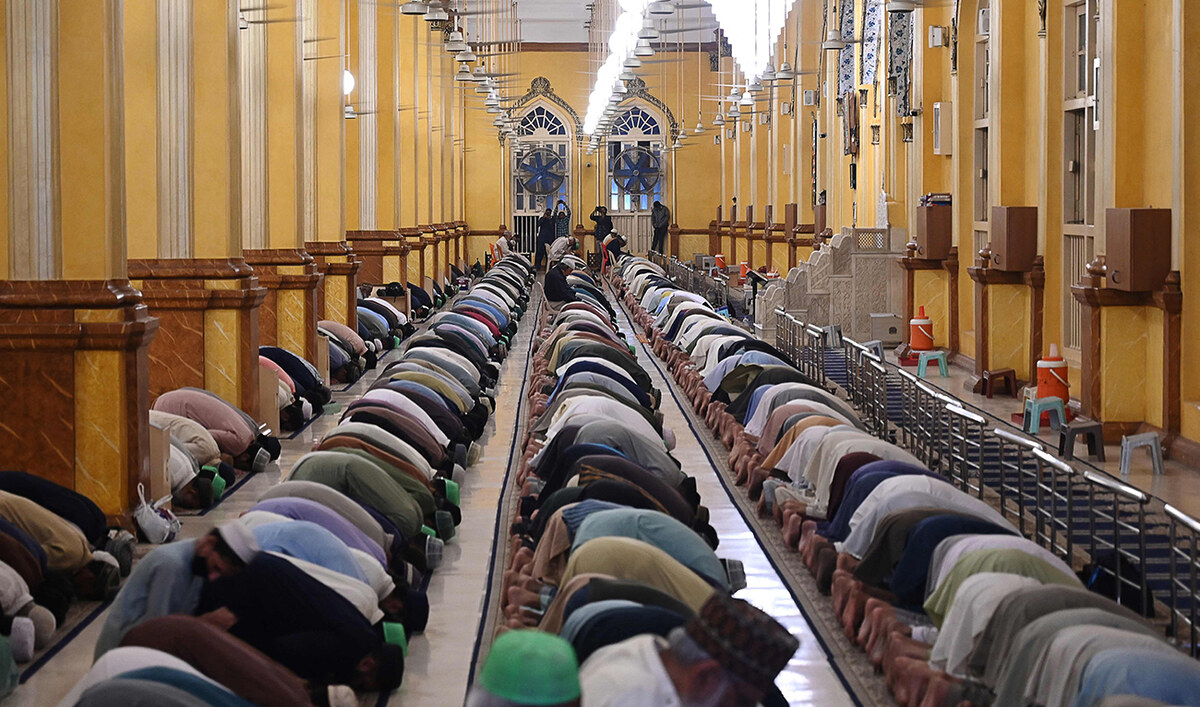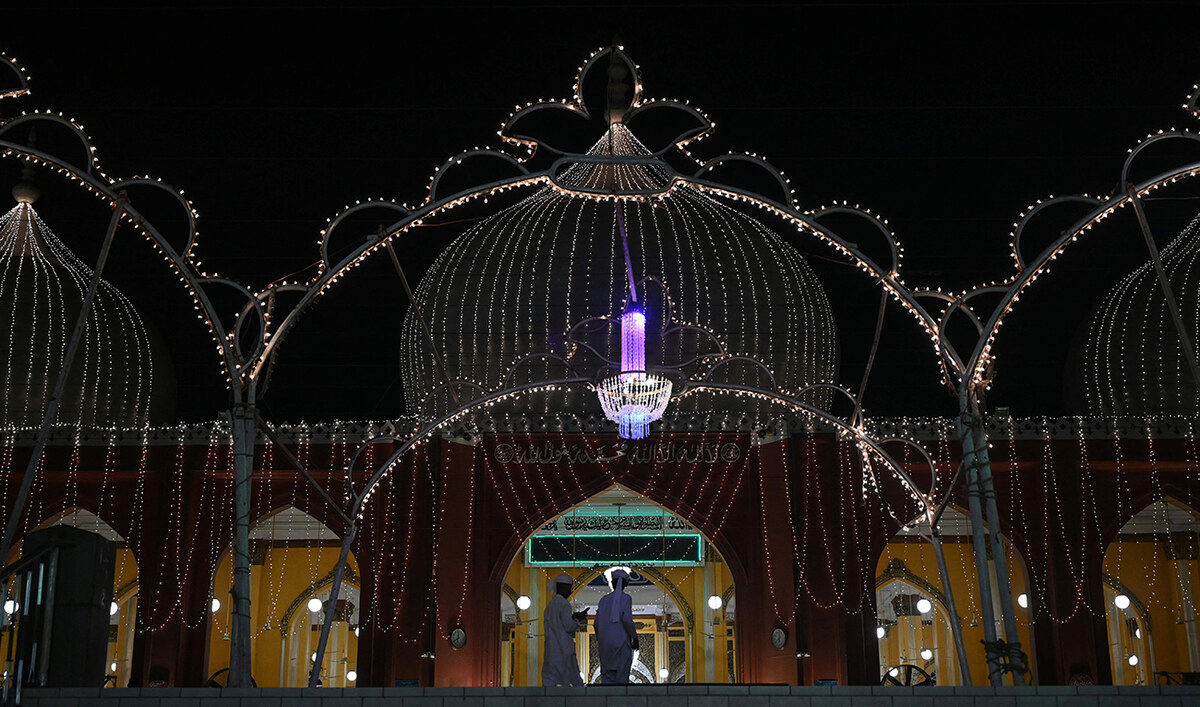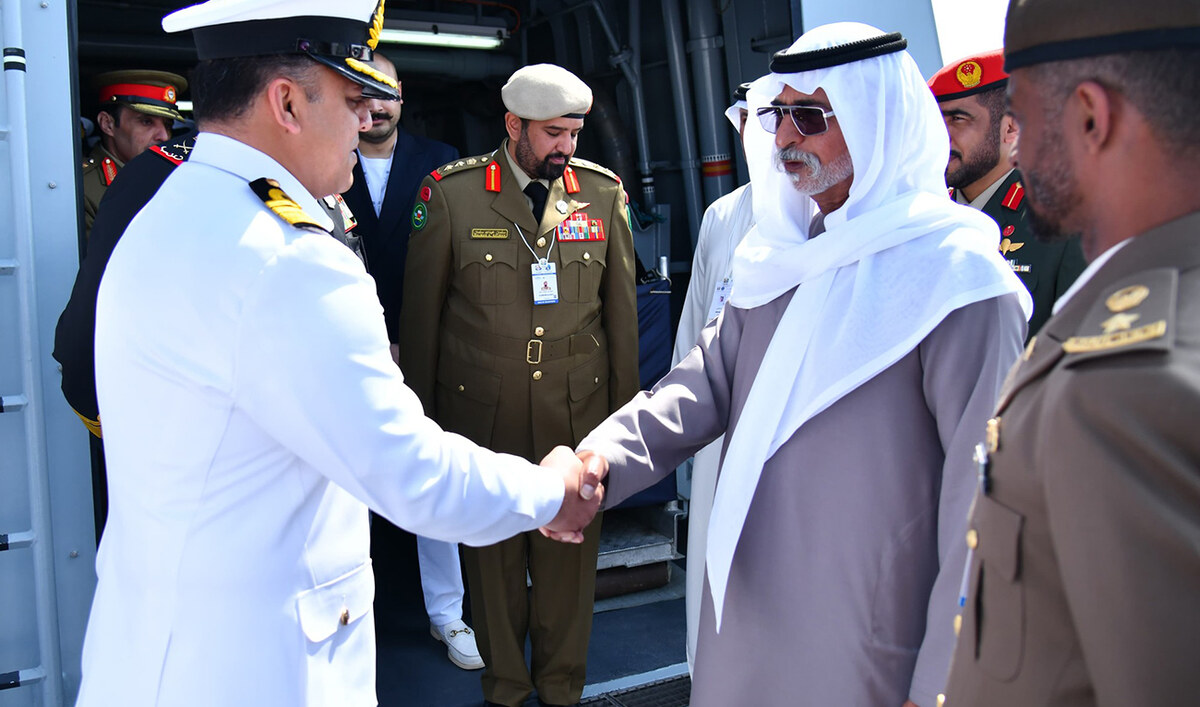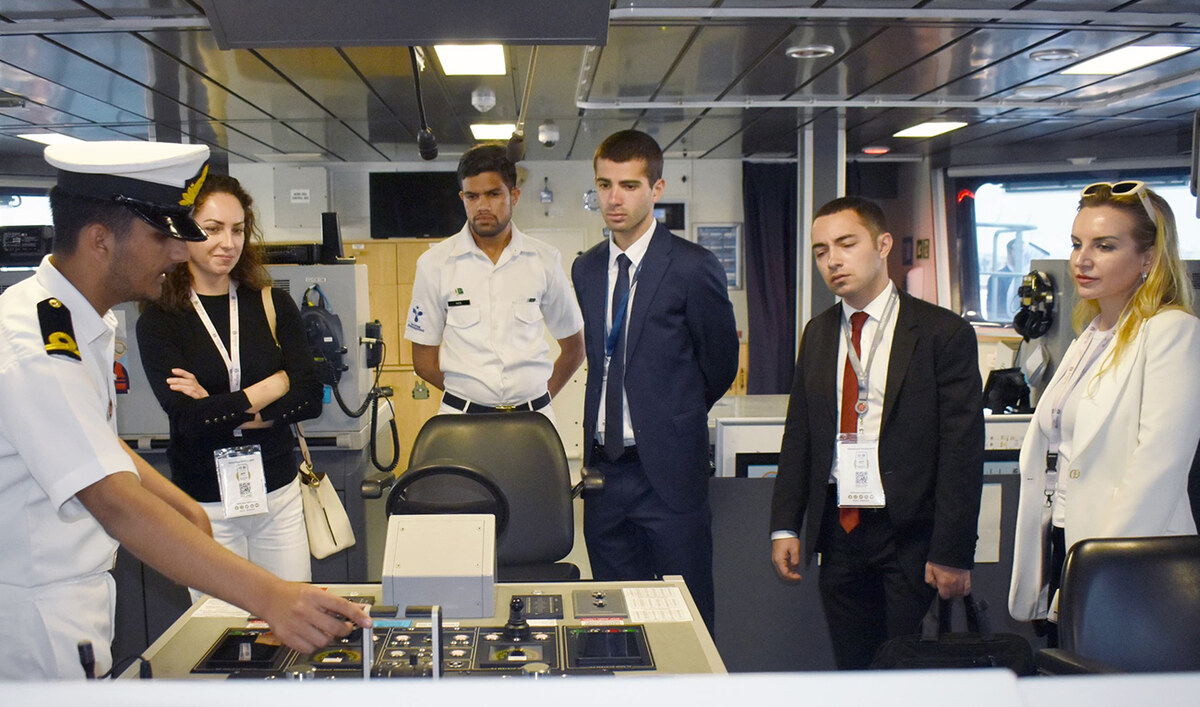ISLAMABAD: An animal sanctuary in the Pakistani capital of Islamabad says it is the first in the nation to introduce a dedicated trap-neuter-vaccinate-return (TNVR) program employed to humanely manage free-roaming dogs often seen by authorities and the public as a threat due to aggressive behavior and diseases like rabies.
The Comprehensive Disaster Response Services (CDRS) Benji Project Animal Sanctuary in Islamabad estimates there are at least three million stray dogs in Pakistan, with upwards of 50,000 killed each year. The Global Alliance for Rabies Control says more than 80,500 cases of dog bites are reported by basic health units across Pakistan annually, and the World Health Organization estimates up to 5,000 people die of rabies in Pakistan each year.
The solution adopted by authorities in most major Pakistani cities is culling dogs either by shooting them or feeding them poisonous food.
But animal rights advocates say authorities must give a real shot to vaccination and spaying methods as a better, more humane alternative.
The CDRS Benji Project is testing out one such solution with Pakistan’s first dedicated TNVR program, which it says is aimed at reducing both the number of stray dogs and the suffering they have been subjected to for decades, while also making the dogs safer for the outdoors by vaccinating them and training them to be less aggressive.
“We realized that TNVR is the only way that we can help in reducing, humanely, the number of dogs that roam the streets,” project director Quatrina Hosain told Arab News.
“We have no idea what kind of level of poisoning takes place or shooting takes place ... but one estimate is that it’s upwards of 50,000 dogs being killed every year. And that is not the solution,” she said, pointing to 15 puppies that had just been brought to the center from Islamabad’s twin city of Rawalpindi.
Someone had poisoned their feeding mothers, Hosain said.
“It [culling] is cruel and inhumane, because they don’t differentiate between nursing mothers, pregnant dogs, and it is just a terrible thing to do,” Hosain said. “I believe that nobody wants to kill dogs, but they don’t want the dogs to multiply at the level that they are. So TNVR is the only humane way.”
A single female dog can deliver more than a dozen puppies a year, or more than 80 over her lifetime, according to animal rights NGO Four Paws International. Without loving homes to provide adequate shelter, food, and medical care, puppies and kittens — in Pakistan and countries around the world without adequate care for strays — are frequently left to fend for themselves.
Born under less-than-ideal conditions, most of these babies do not survive their first weeks of life – during the winter months many freeze to death, starve when their mothers are killed in traffic, are attacked and eaten by other animals, and sometimes even deliberately killed by humans.
CDRS wants to change this, which is why it set up a dedicated facility just a short drive away from Islamabad’s Gulberg Greens neighborhood.
Staff at the facility also argue that strays are an integral part of the larger ecosystem, particularly for their scavenger roles in removing leftover food like carcasses and agricultural and city wastes. They also help reduce rat populations.
The project is so far a humble beginning, staff admit, but they are hopeful for more support from authorities and the public. They believe Turkey is a good example to follow.
“TNVR was implemented in Turkey some 20 years back, and it has shown very positive results in their country, so we are trying to implement that model in Pakistan,” CDRS veterinarian Dr. Hasnain Raza said. “This is a model facility for showing people that it can work, and it is worth trying.”
“But we can’t do it alone,” he added. “In collaboration with the public sector and the private sector, together, can make sure that animals are cared for in Pakistan”




















